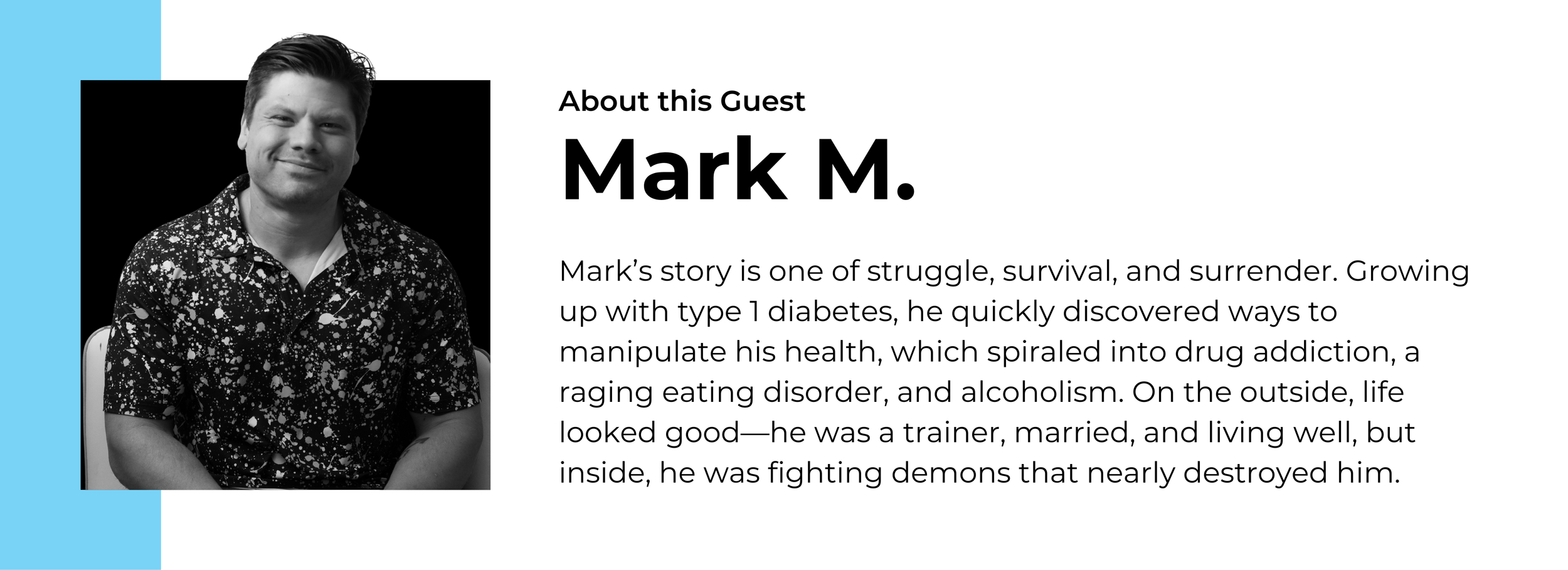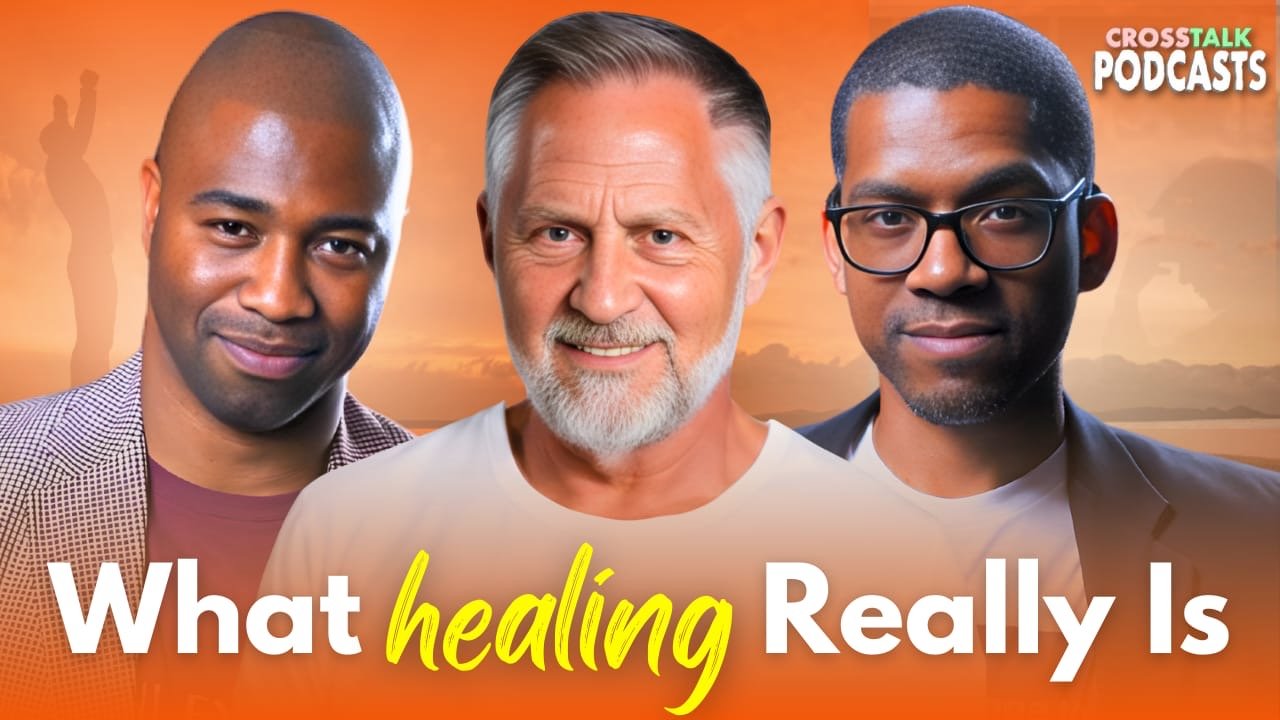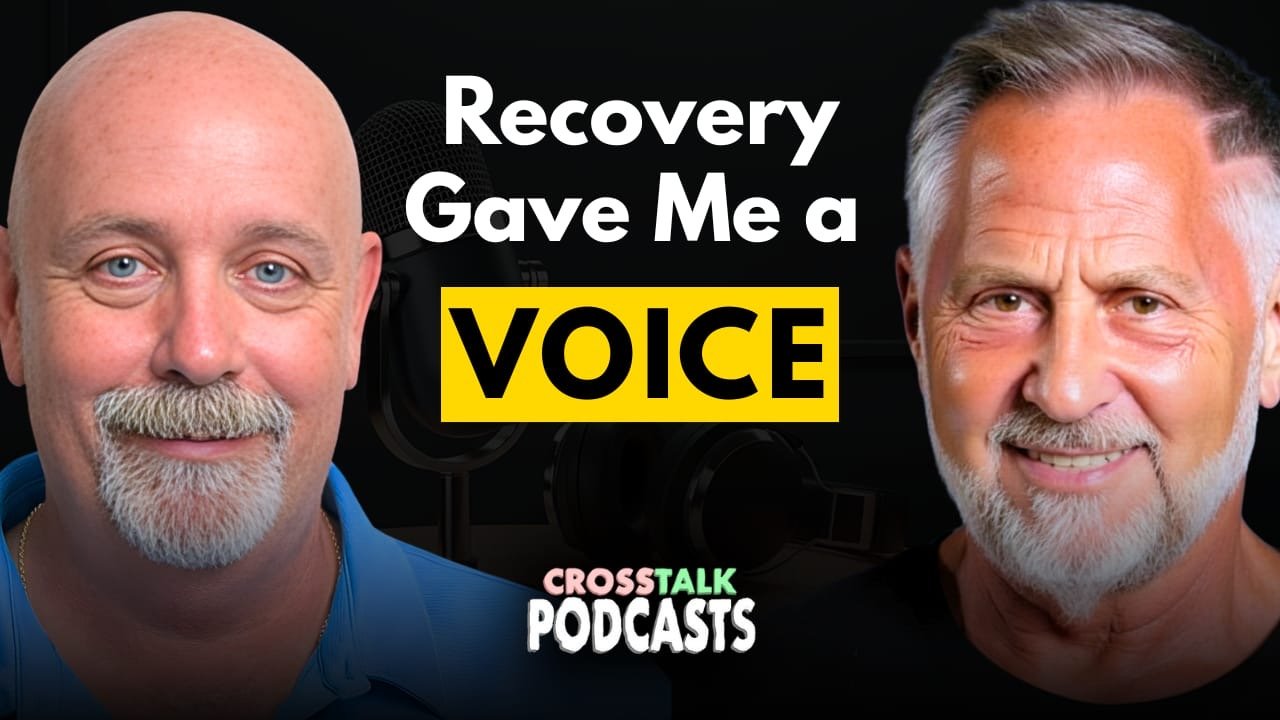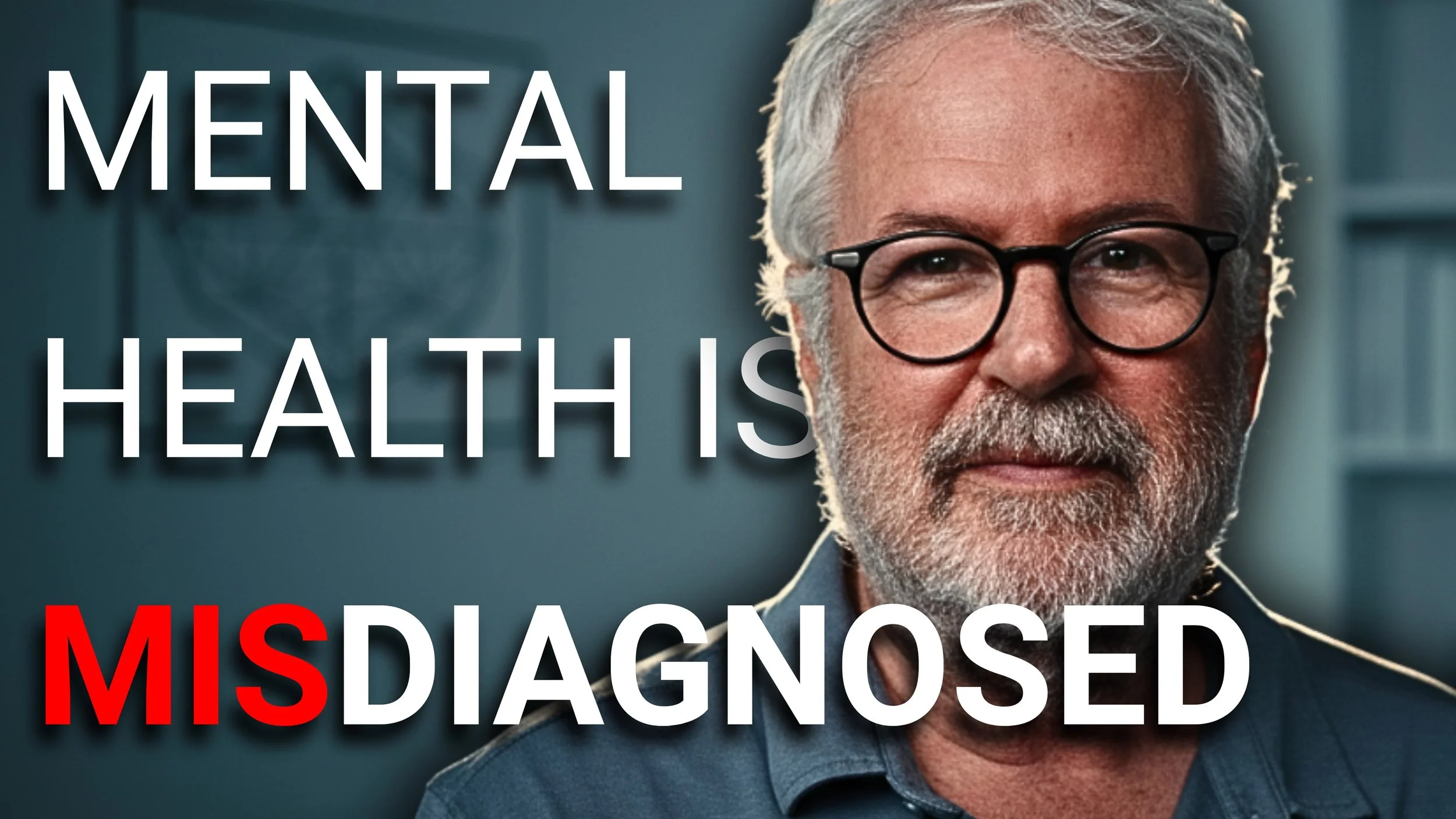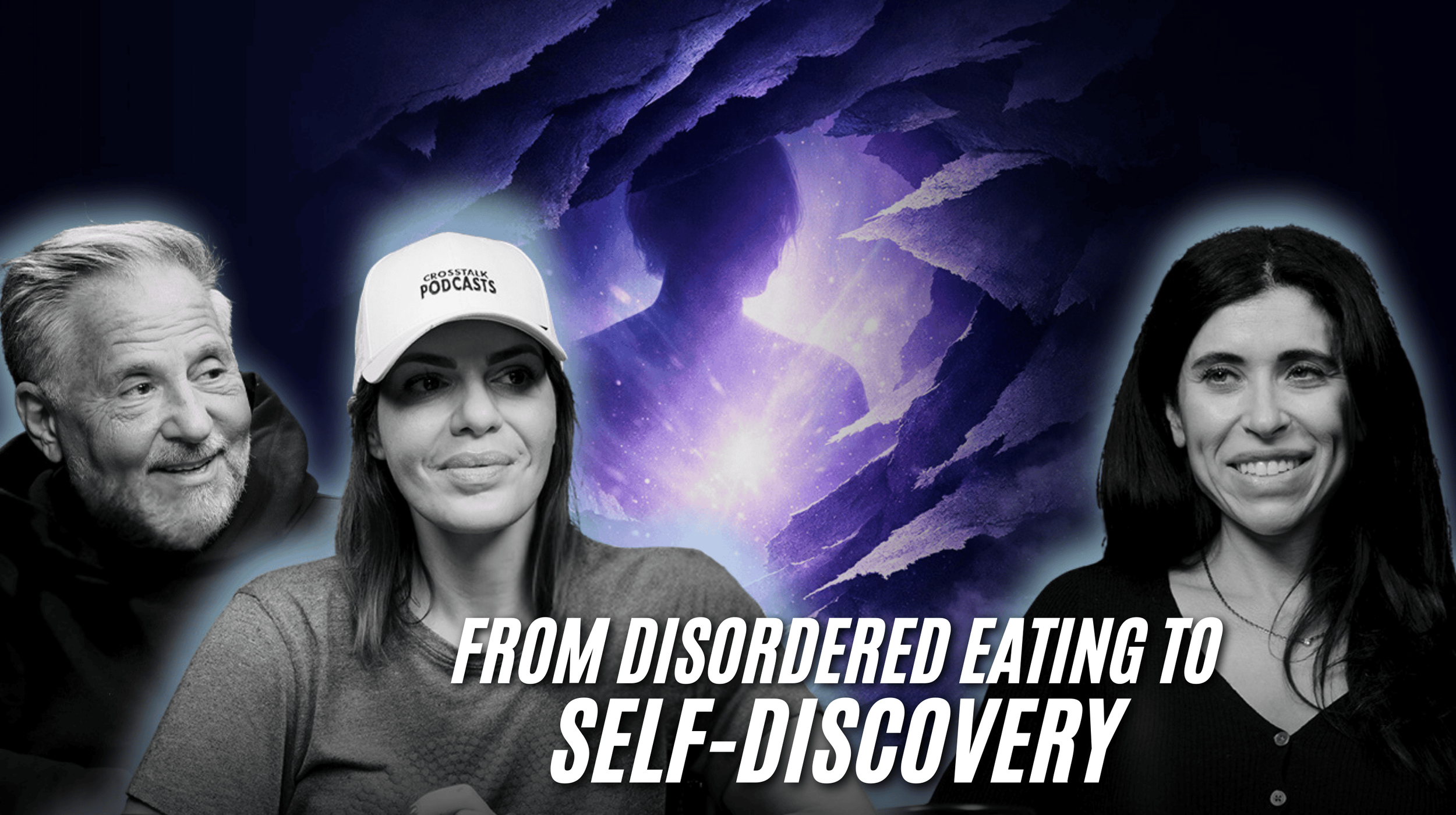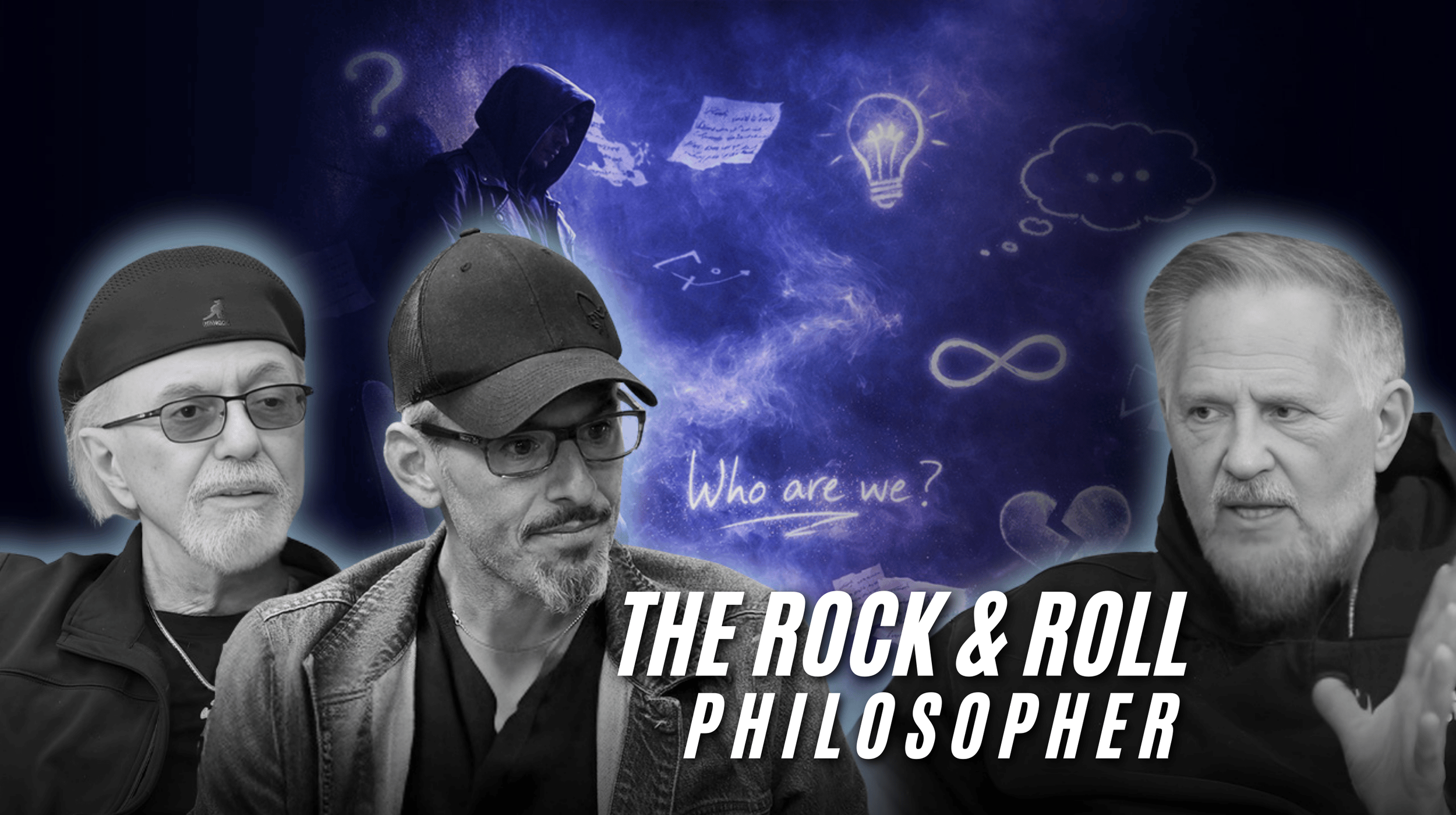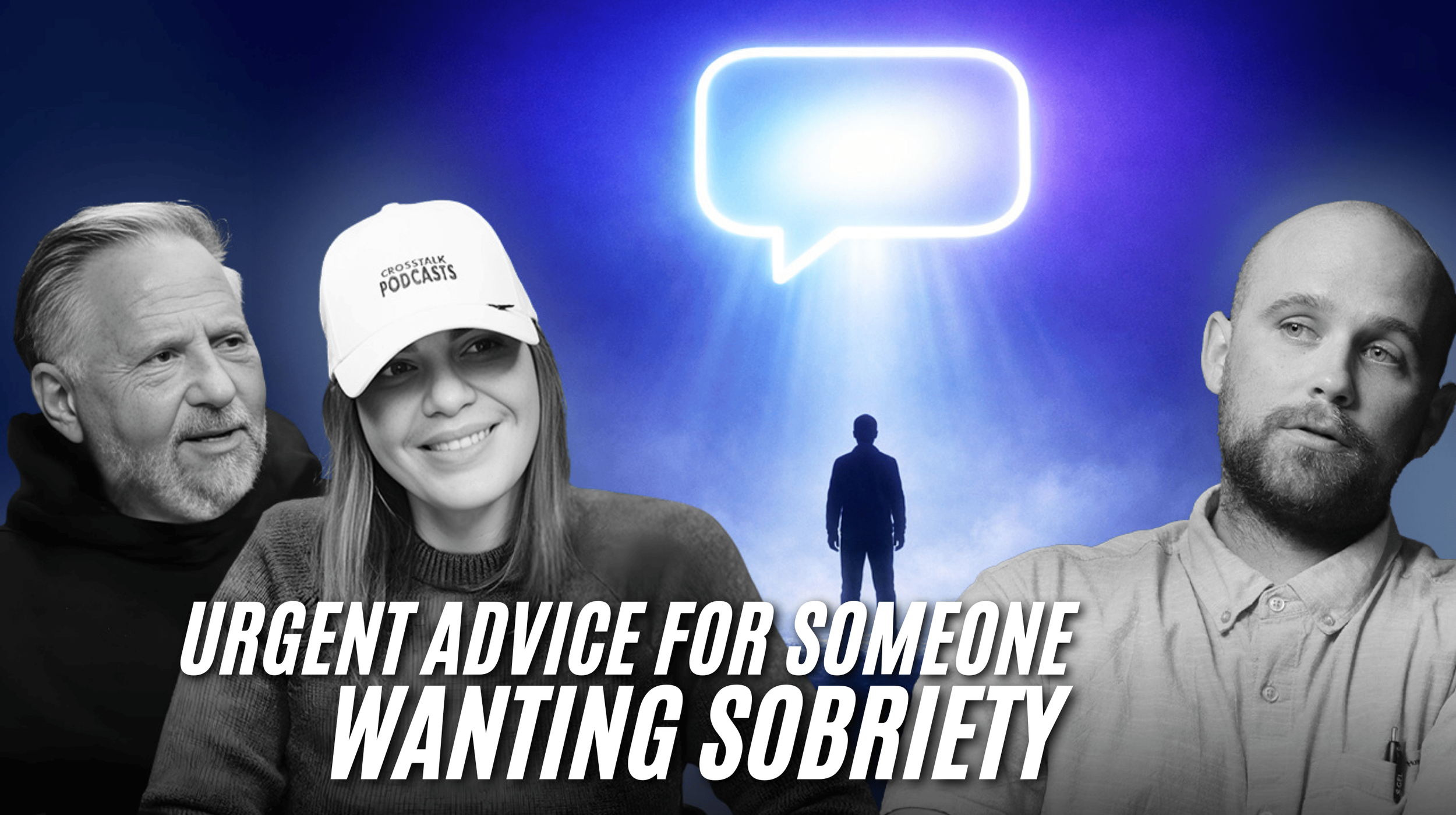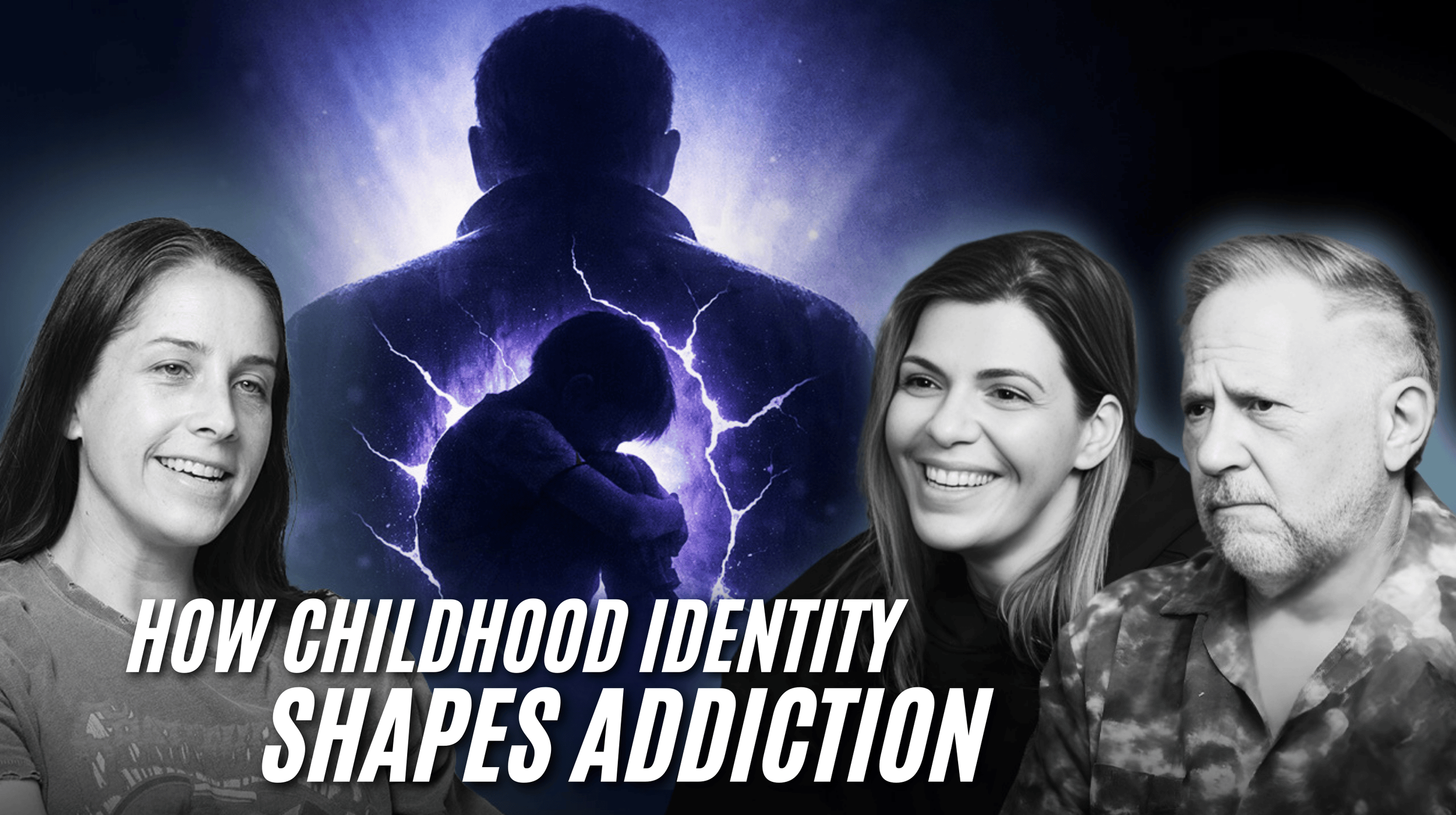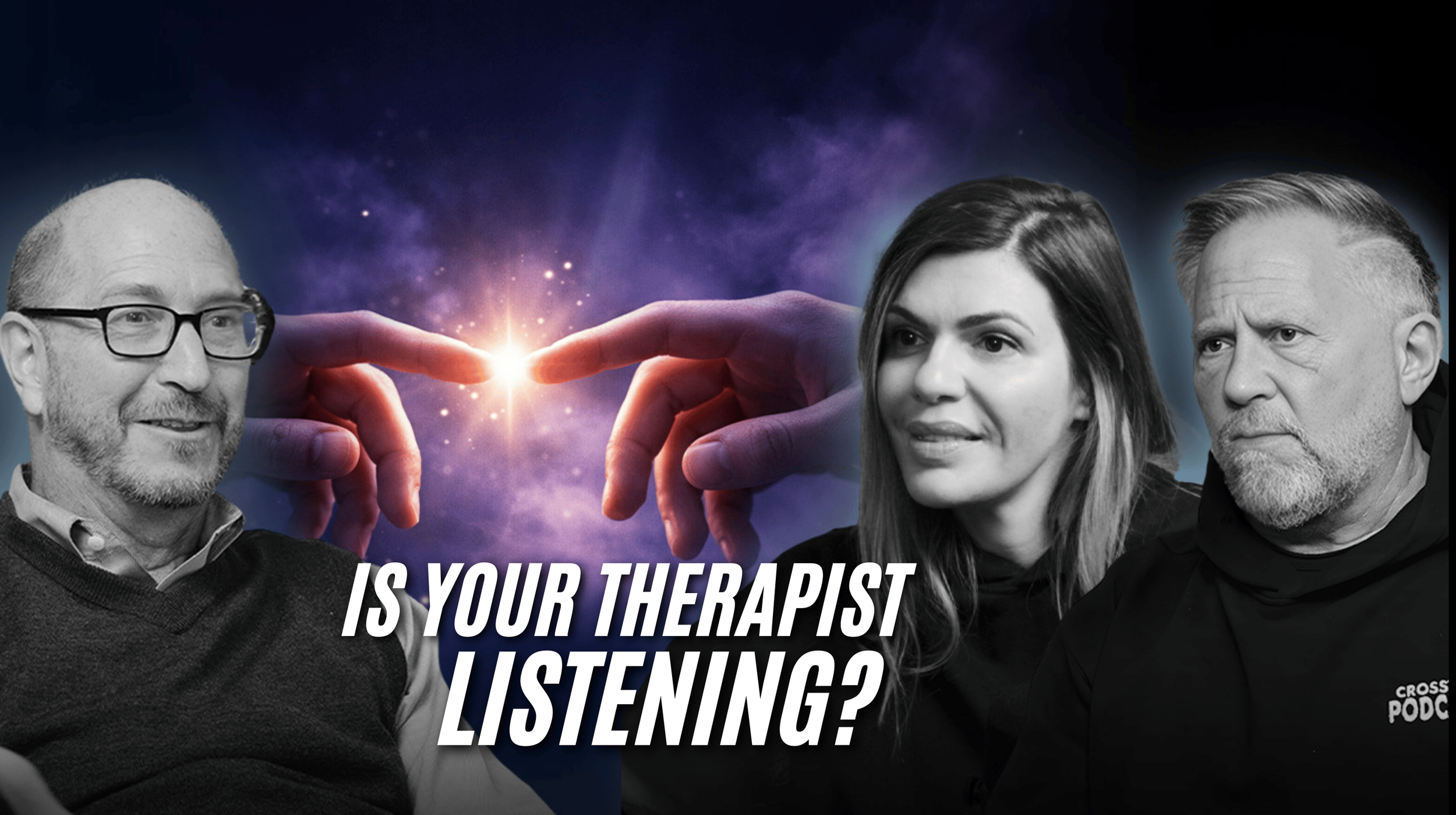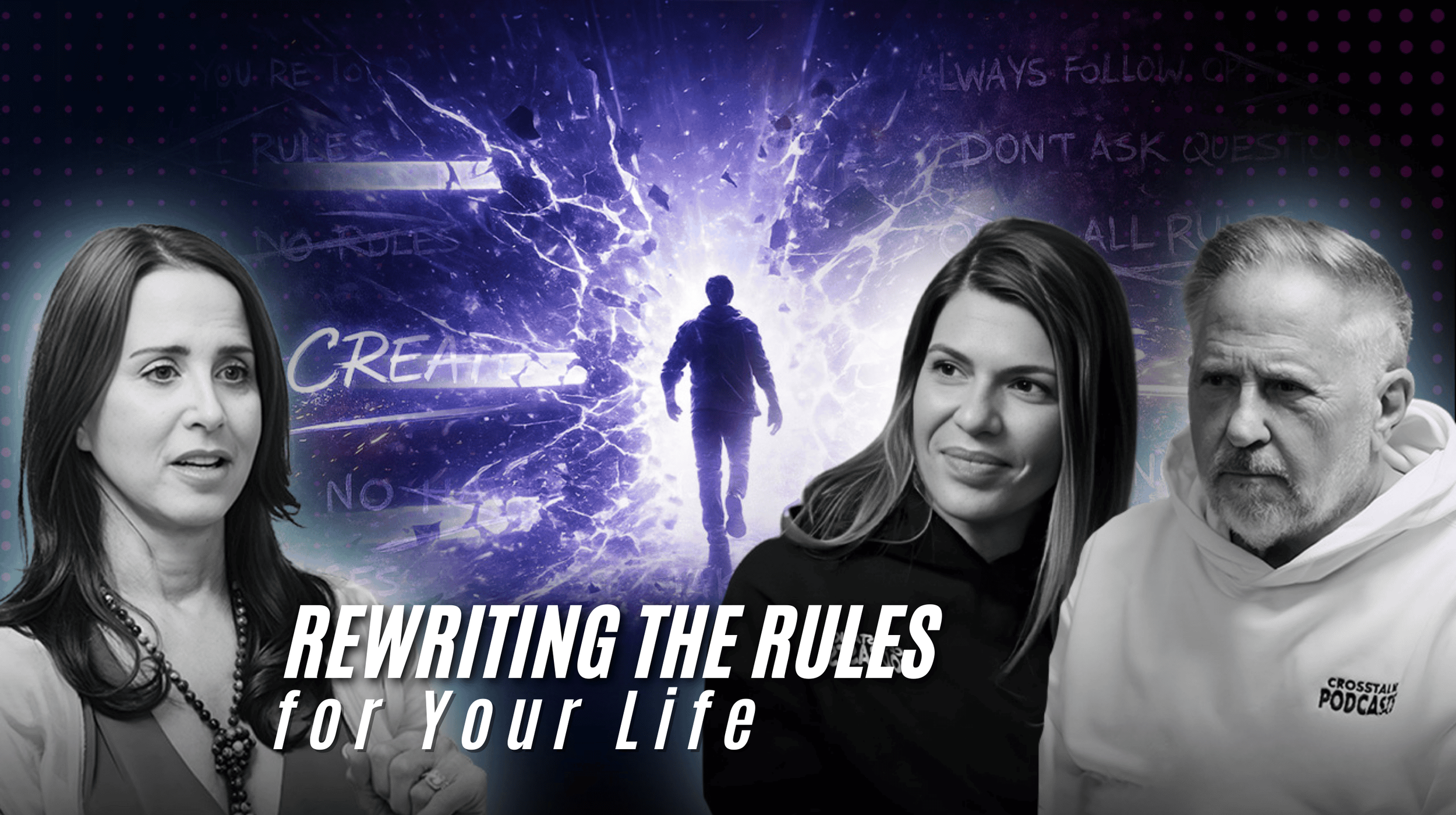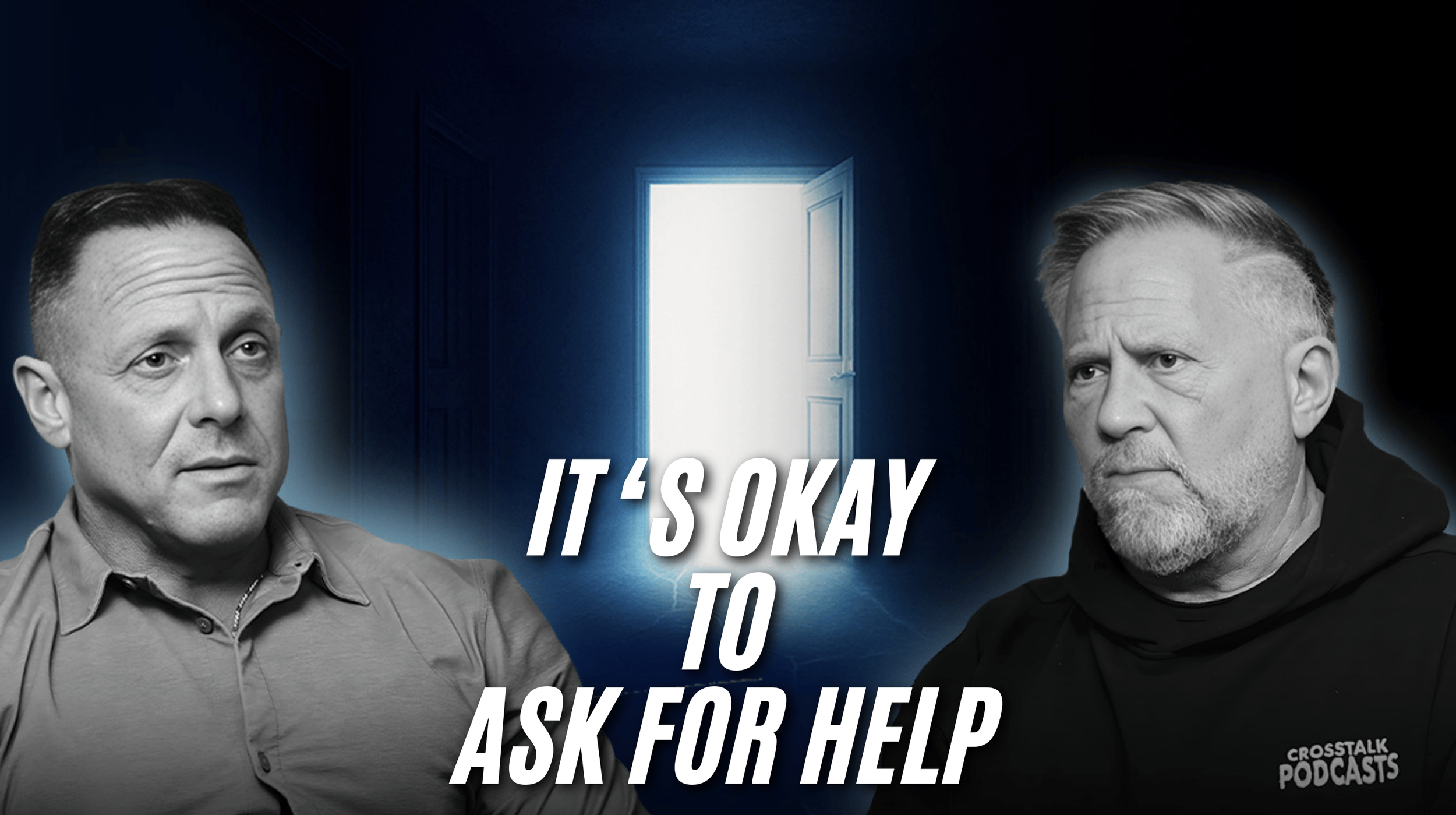What's the Link Between Diabetes and Drug Addiction? | Mark M.
Listen or watch on your favorite platforms
Mark’s story is one of struggle, survival, and surrender. Growing up with type 1 diabetes, he quickly discovered ways to manipulate his health, which spiraled into drug addiction, a raging eating disorder, and alcoholism. On the outside, life looked good—he was a trainer, married, and living well—but inside, he was fighting demons that nearly destroyed him.
Growing Up in a World of Contradictions
Mark grew up in what looked like an ideal family home in Washington, D.C. His father was a driven workaholic who provided, and his mother poured her heart into raising four children. But behind the privilege, there were cracks. Diagnosed with type 1 diabetes at just 14 months old, Mark quickly became the focus of the household. While his siblings often played “second fiddle,” Mark carried the weight of a condition that demanded structure and discipline most children could never comprehend. He recalls, “I look at recovery now, and I realize diabetes made me the person I am today… I’m proud to be a diabetic, and I’m proud to be a man in recovery.” Still, the disease became both a burden and an escape hatch he would later exploit.
First Encounters
By 13, while wrestling and navigating adolescence, Mark discovered a dangerous “lightbulb moment.” Forgetting to take his insulin before a tournament led to sudden weight loss overnight. To his teenage mind, this became a twisted solution to body image struggles. From then until his early twenties, Mark’s life was “fueled by drug addiction, run by a raging eating disorder, and pretending I didn’t have diabetes anymore”. Weed, pills, and food restriction offered both a secret rebellion and a false sense of control. As he gained confidence through weight loss, he also lost himself deeper to the cycle of deceit and self-destruction.
Active Addiction
Mark’s teenage years spiraled into professional-level partying. The punk rock scene gave him identity, but drugs became his true companion. He experimented with Xanax, painkillers, cocaine, and anything that promised escape. Painkillers especially hooked him—until the rising costs forced him toward other substances. “Downers made me feel too much, so I kept going faster. Coke became the thing that let me outrun my emotions.” He was a trainer, a musician, a husband—but behind the façade of muscles and success was a man enslaved to cocaine, alcohol, and late-night loneliness. Nights often ended not in clubs but alone in bathrooms, waiting to get high again in solitude.
Hitting Bottom
The turning point came one terrifying night. After mixing whiskey, Xanax, and cocaine, Mark blacked out and crashed his Audi. By morning, the bumper hung off his car, and his wife pointed silently at the wreck. He remembers, “Thank God I didn’t kill anyone. Thank God I didn’t kill myself.” In that moment, the bravado cracked, and he whispered the three words that changed everything: “I need help.” That admission opened the door to treatment, but true surrender was still miles away. Even after ten months of sobriety, Mark describes being a “dry drunk,” consumed by control, exercise obsession, and resentment. Relapse followed. Family intervention—his brother physically wrestling drugs out of his hands—finally forced him into long-term treatment.
Getting Help
At first resistant, Mark entered treatment for 84 days at Caron. During a group session, he was confronted with brutal honesty: “You are the least genuine person I’ve ever met.” That breakdown sparked a breakthrough. He leaned on mentors, found community in morning meetings, and committed to full surrender. For the first time, he embraced not just abstinence but transformation. “I finally accepted my fate—that whatever I was doing wasn’t going to work. If the only thing I succeed at is being a sober man, then I’m going all in.”
Life Today
Today, Mark lives a life that once seemed impossible. He is sober, spiritually grounded, and deeply connected to his family and community. He mentors others, serves on recovery boards, and finds joy in his nieces and nephews who give him purpose. Mark’s journey embodies resilience: from a “war ship on the path of destruction” to a man building a legacy of strength and hope. His words carry a powerful message: “Be you, and be the best you can be, because you are worth it.” For anyone feeling trapped in addiction, Mark’s story proves that with surrender, hard work, and support, freedom is not only possible—it can be the foundation of a meaningful, joyful life.
FAQs
What are common signs of an eating disorder tied to diabetes?
Skipping insulin to lose weight, known as “diabulimia,” is one major red flag.How do drugs and alcohol affect someone with diabetes?
They disrupt blood sugar management and drastically increase health risks.Why is relapse common in recovery?
Because sobriety isn’t just quitting substances—it’s changing your entire lifestyle.What role does family play in recovery?
Family can enable or save; interventions often become the catalyst for change.How can someone rebuild their life after addiction?
Through surrender, support systems, and consistent daily work toward growth.
Related episodes
ABOUT CROSSTALK
CROSSTALK reveals real stories of everyday people and notable figures, sharing their journeys from struggles to life-changing 'aha' moments with all kinds .


 Spotify
Spotify
